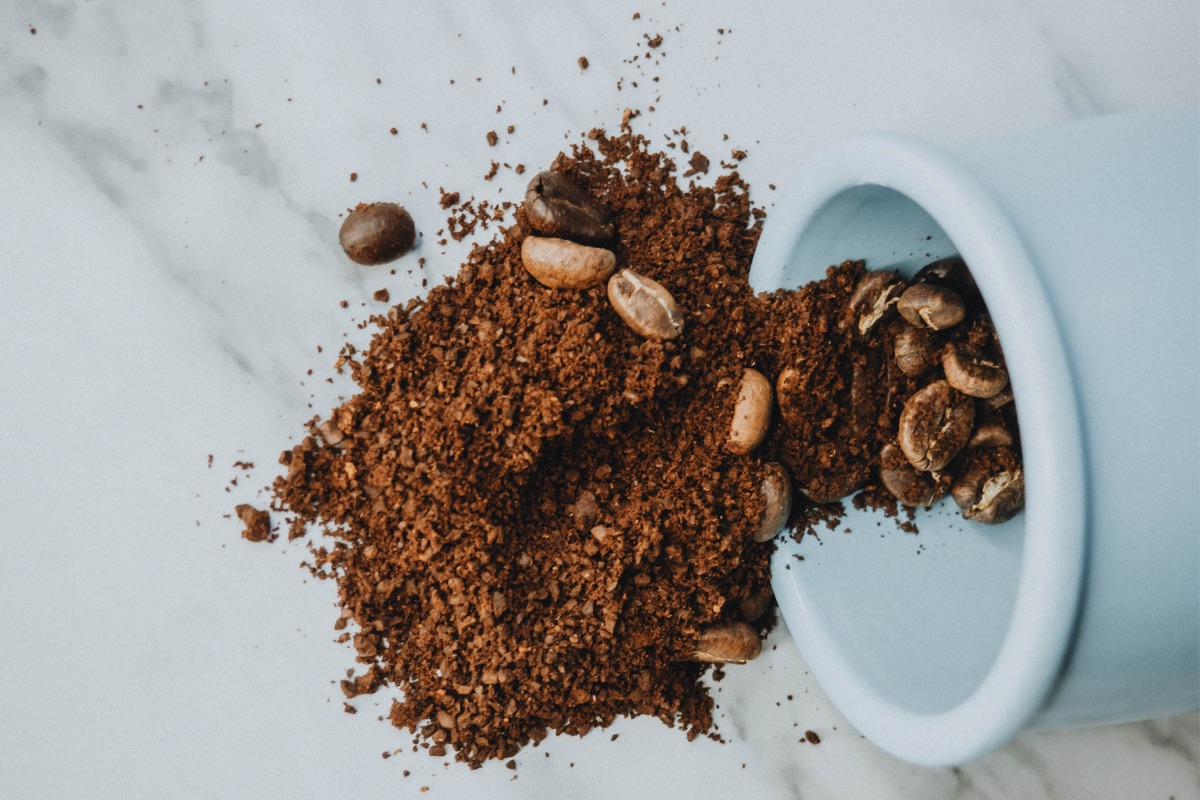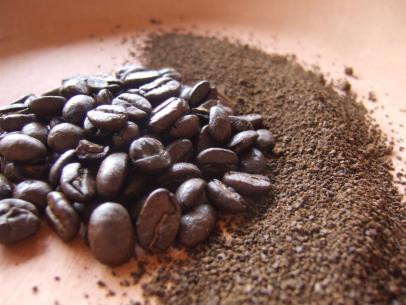Have you been searching for content about What are the consequences of putting coffee grounds?

If you're a devoted coffee enthusiast, you may be wondering about the best way to take care of your coffee grounds. While it might appear practical to clean them down the sink, this practice can cause numerous concerns for both your plumbing and the setting. In this post, we'll explore whether it's secure to place coffee premises down the sink and discuss alternative disposal methods to consider.
Risks of Putting Coffee Grounds Down the Sink
Plumbing Issues
Among the primary concerns with dealing with coffee grounds down the sink is the risk of obstructing your pipelines. Coffee grounds don't liquify in water and can build up gradually, developing a thick sludge that can block drains pipes and cause expensive plumbing repair work.
Environmental Impact
Beyond the possible damage to your plumbing, placing coffee premises down the sink can also hurt the setting. When cleaned into the sewage system, coffee grounds can contribute to obstructions in sewage system lines and treatment facilities. Additionally, the high concentration of organic matter in coffee grounds can diminish oxygen degrees in waterways, negatively affecting marine life.
Alternatives to Disposing of Coffee Grounds
Composting
One environmentally friendly option for getting rid of coffee grounds is to compost them. Coffee grounds are rich in nitrogen, making them an excellent addition to compost heap or containers. As they break down, they include nutrients to the dirt, boosting its fertility and structure.
Trash Disposal
If you do not have a composting arrangement, another alternative is to just toss your coffee grounds in the garbage. Make certain to secure them in a compostable bag or container to stop smells and leak. While this technique doesn't offer the very same ecological benefits as composting, it's a safe and hassle-free method to deal with coffee grounds.
Tips for Proper Disposal
Use a Sink Strainer
To avoid coffee premises from entering your sink's drain to begin with, consider using a sink filter. These cost-effective gadgets trap strong bits, consisting of coffee grounds, stopping them from triggering clogs.
Normal Maintenance
No matter how you pick to get rid of your coffee grounds, it's vital to preserve your plumbing on a regular basis. Schedule regular drain cleanings to get rid of any buildup and make sure that your pipelines stay clear and free-flowing.
Verdict
While it might be alluring to wash coffee grounds down the sink for comfort, doing so can have significant consequences for your plumbing and the atmosphere. Rather, think about composting your coffee premises or dealing with them in the trash. By embracing accountable disposal practices, you can enjoy your coffee guilt-free while reducing your environmental impact.
Coffee Grounds Down The Drain: Are They OK?
Can Coffee Grounds Go Down the Sink?
You may be thinking, “But I pour them down the sink drain every day and I’ve never had a clogged drain!” You see, coffee grounds come from coffee beans, which are virtually rock hard by the time they’re ground and brewed. You certainly wouldn’t want to grind up the pit from a peach, apricot, or nectarine that is about just as hard because they wouldn’t break down like other foods, and it’s the same with coffee beans!
If you usually grind coffee beans in the garbage disposal because it seems the cleanest and convenient, we don’t fault you for that. And anyone who has ever had to clean up the trash with spilled coffee grounds after a dog got into it would understand the rationale. Unfortunately, coffee grounds do not break down in water, so instead of grinding up and washing away as normal foods do in a garbage disposal, they clump together and as time goes by, the grounds can form a clump and pack the drain until it develops a clog.
What to Do With Coffee Grounds
So, what do you do with coffee grounds if you can't put them down the drain? You could of course just throw them in the garbage, but we encourage you to give these practical uses for them a try!
Since coffee grounds contain key minerals for plant growth, you can use them to fertilize your garden. Coffee grounds not only fertilize gardens because they are mineral-rich, but they are also great at absorbing contaminants in the soil, particularly heavy metals. Coffee grounds are said to attract worms, which help gardens flourish. You can use coffee grounds as fertilizer by sprinkling them around your plants. You can compost your coffee grounds and use them at a later time. Coffee grounds are great insect repellents when you place them in bowls or sprinkle them around the areas you want to repel insects. To remove fleas from your dog or cat, simply shampoo your pet then rub coffee grounds throughout their fur. Rinse them off and dry as usual. Like baking soda, used coffee grounds can eliminate odors. You can place them in a bowl in the fridge and let them do the work! Mix coffee grounds with coconut oil for a wonderful face or body scrub, or to reduce the appearance of cellulite. https://www.wintershomeservices.com/blog/2019/august/coffee-grounds-down-the-drain-are-they-ok-/

I found that review about What are the consequences of putting coffee grounds when doing a lookup on the internet. Those who enjoyed reading our article please be sure to share it. Thanks for going through it.
Contact Us